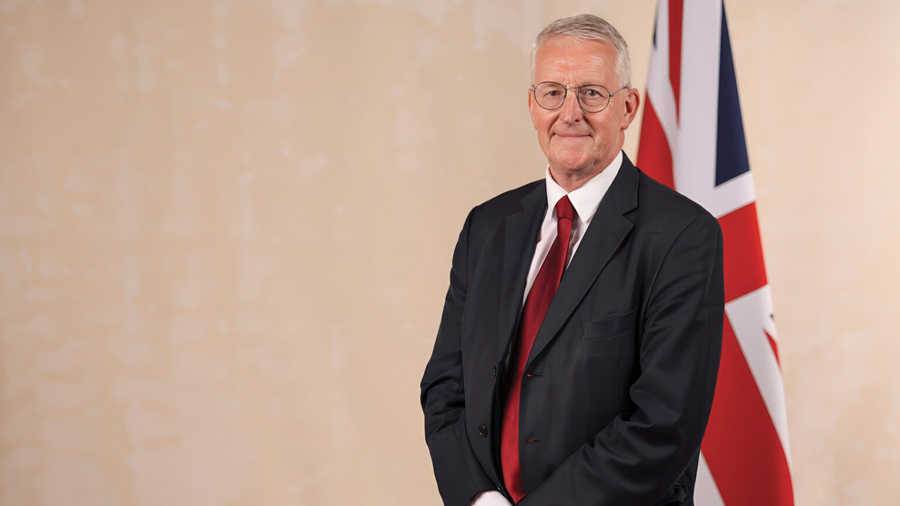In a blow to the Labour government, Northern Ireland’s Veterans Commissioner, Danny Kinahan, has resigned from his position after four years in the role. Kinahan, a former Ulster Unionist MP and veteran himself, cited an inability to provide an independent voice for veterans as the primary reason for his departure.
Key Points of Contention
- Lack of Independence: Following what he described as an “open and frank conversation” with Northern Ireland Secretary Hilary Benn, Kinahan concluded that he could not provide the independent advocacy that veterans require under the current government.
- Unequal Treatment: Kinahan highlighted a growing sentiment among Northern Ireland veterans that they do not enjoy the same protections as their counterparts in Great Britain. He emphasized that veterans in Northern Ireland have particular needs and concerns that require addressing by the UK Government.
- Labour’s Approach to Veterans: This resignation adds to the mounting criticism of Labour’s handling of veterans’ affairs. Sir Keir Starmer has faced backlash for not appointing a specific veterans minister to the cabinet, breaking from the previous Conservative government’s practice. Additionally, Labour’s plans to repeal the Troubles Legacy Act have stirred controversy.
Political Fallout
The resignation has provoked strong reactions across the political spectrum:
DUP Response: DUP leader Gavin Robinson stated that the resignation “raises serious questions for the Government.” He expressed disappointment at the breakdown between the government and the Veterans Commissioner, calling for swift action to address veterans’ concerns.
Government’s Reaction: Hilary Benn’s response has been described as tepid, merely acknowledging Kinahan’s work “over the last four years” without committing to a timeline for appointing a replacement. The Northern Ireland Office has only stated that steps to appoint a new Commissioner would be set out “in due course.”
Wider Implications
This development feeds into a broader narrative of controversy surrounding the Labour government, including recent allegations of cronyism in civil service and public appointments. It also raises questions about the government’s commitment to veterans’ issues and its ability to maintain independent voices in key positions.
Looking Ahead
As the government faces pressure to address the concerns raised by Kinahan’s resignation, key questions remain:
1. How quickly will a new Veterans Commissioner be appointed?
2. Will the next appointee have the independence and support needed to effectively advocate for veterans?
3. How will Labour address the perceived disparity in treatment between Northern Ireland veterans and those in Great Britain?
The resignation of Danny Kinahan marks a challenging moment for the Labour government, highlighting the complex issues surrounding veterans’ affairs in Northern Ireland and raising doubts about the administration’s approach to these sensitive matters.
Image: Hilary Benn MP. Credit : Lauren Hurley / No 10 Downing Street

